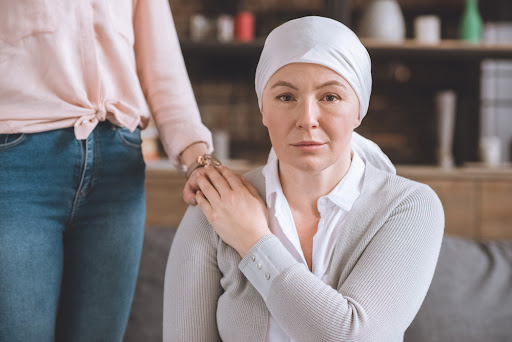
Are you ever too old to start orthodontic treatment?
February 11, 2022
Unexpected Consequences of Untreated Gum Disease
February 25, 2022Imagine that you have stropped breathing for 10 to 30 seconds at time times per hour. Losing your breath, choking, and coughing as your lie awake. Likely, you’d rush to your nearest emergency room for help. For as many as 25% of men and nearly 10% of women, this is what happens unconsciously.
Sleep apnea is an umbrella term used to describe the repeatedly interrupted breathing patterns while a person sleeps. If left untreated, lack of high-quality sleep can lead to severe health conditions. Here, we explain everything you need to know about sleep apnea and how Dr. Abbey J. Lee could help change your life.
What is Sleep Apnea?
The term “apnea” is a derivative of the Greek word “apnos,” which loosely translates to “not breathing.” Therefore, “sleep apnea” means “not breathing during sleep.” Sleep apnea can be categorized into three groups:
- Obstructive sleep apnea (OSA): The result of partial or complete blockage of the airway due to excessive tissue
- Central sleep apnea (CSA): Happens when the nerves that control breathing rhythm neglects to transmit signals to breathing muscles
- Combination/Complex: A combination of OSA and CSA
These short stops in breathing can happen up to 400 times per night. When our breathing pauses, the lack of oxygen triggers our brains to wake our bodies up. Our circadian rhythm (the body’s internal clock) gets interrupted when this happens. So, we cannot achieve the desired amount of deep sleep that our bodies need to refuel and restore energy levels.
Common Clues of OSA
Unfortunately, some cases of sleep apnea go untreated. Simply, the sufferer does not realize that they are dealing with a severe medical condition because it happens when people are asleep. Here are signs and symptoms to watch for:
- Fatigue and sleepiness: Feeling excessive drowsiness during the day or seeming never to be able to catch up on sleep (even after naps)
- Snoring: Sometimes, snoring can result from your body breathing harder than usual to push excess tissue out of the way.
- Waking up on the wrong side of the bed: Waking up with headaches, a severely sore throat, or a dry throat and mouth
- Waking up startled: Waking up (especially in the middle of the night) with a sensation of choking, gasping for air, or shortness of breath
OSA Risk Factors
Obstructive sleep apnea can occur for several (or a combination of) reasons. For example, sometimes physical features, genetic predispositions, and structural abnormalities can physically restrict airflow, including:
- Excessive weight
- A restricted upper airway
- Nasal obstruction
- Enlarged tonsils
- A low-hanging soft palate
- A large neck
- A small jaw with an overbite
Also, as we age, our muscle tone weakens and can cause the airway to relax too much. Additionally, certain habits (such as drinking alcohol before bedtime or using tobacco products) can also increase the risk of OSA.
Consequences of Untreated Sleep Apnea
Recognizing sleep apnea and getting proper treatment is essential. Otherwise, a wide range of health problems may develop:
- Cardiovascular issues (such as hypertension, stroke, arrhythmia, heart attack, heart failure)
- Diabetes
- Headaches and migraines
- Cognitive problems (for example, brain fog)
Identify and Tackle Obstructive Sleep Apnea in Atlanta
Do you suspect that you could be living with a sleep disorder? If so, your dentist may be able to help. Depending on the severity of symptoms, Dr. Abbey J. Lee can:
- Offer oral appliance therapy to help patients breathe easier while they sleep soundly
- Refer you to a specialist for more intensive treatment
Start getting the sleep you deserve and schedule a sleep apnea consultation at Smiles for Grant Park. Call 404-328-7177 or message us online today.


